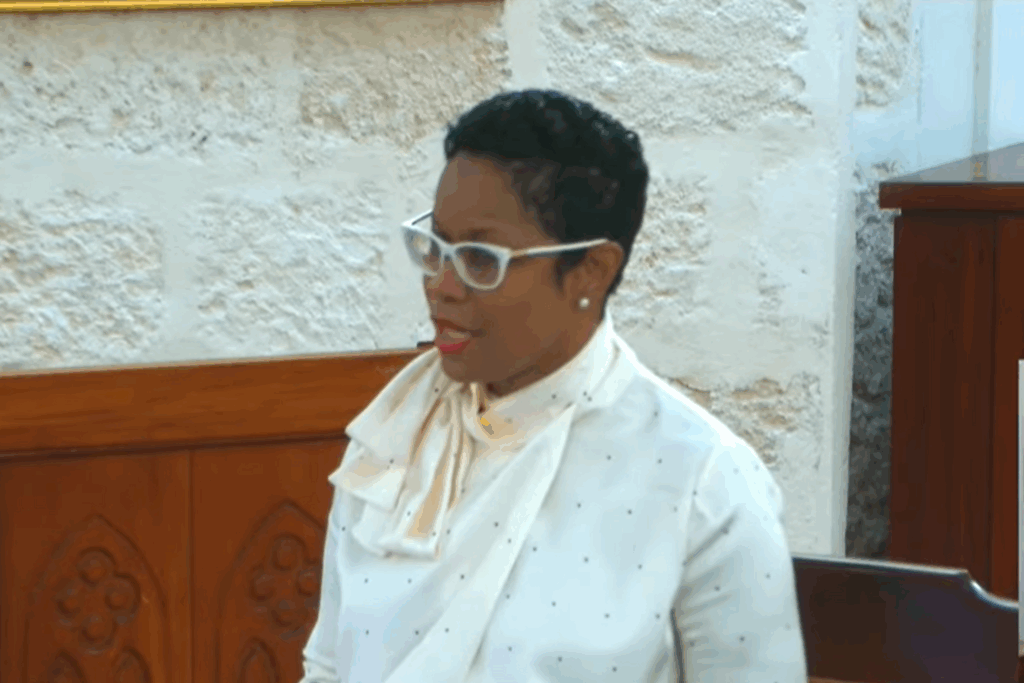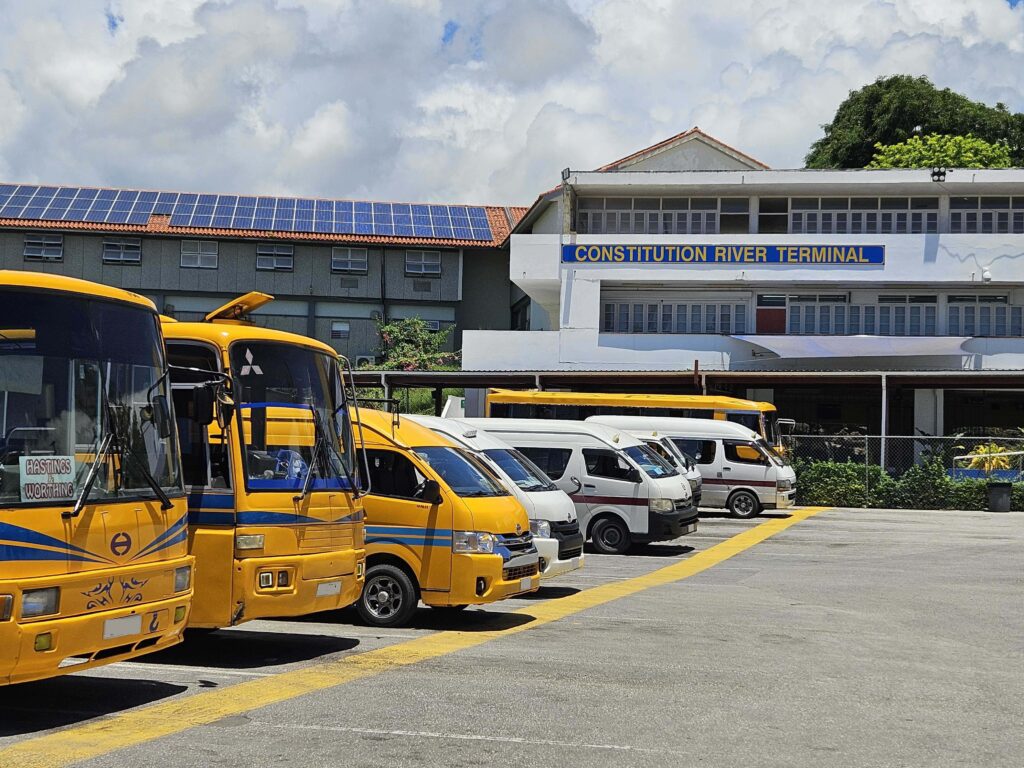A surge in violent incidents in schools is being fuelled by deep-rooted social dysfunction across the island, a University of the West Indies (UWI) academic has warned, as calls grow for urgent, society-wide intervention to stem the crisis.
In an interview with Barbados TODAY, Professor Dwayne Devonish, a management and organisational behaviour specialist, weighed in on the troubling incidents being reported in the island’s schools. His comments came one day after a teacher at Frederick Smith Secondary School in Trents, St James, was hospitalised after being struck in the head with a rock by a student—the second violent assault on staff at the school in as many weeks.
Moments before that incident on Thursday, Prime Minister Mia Mottley had called for a national dialogue on social dysfunction and announced plans to create alternative education pathways for students struggling in traditional school environments.
Rather than being expelled and left vulnerable, these students would be offered structured programmes involving the Barbados Defence Force and the Barbados Youth Advance Corps.
Professor Devonish welcomed the proposal but warned that the school system alone cannot—and should not—shoulder the blame or bear the full burden of reform.
He said: “Schools, like workplaces and smaller spaces, even online spaces, are simply a reflection of the wider society. They are the microcosms of wider society. If you think about it, the children did not fall out of the sky at all; the children come from communities. Many of these communities are plagued with violence—whether violence in the homes, whether the violence occurs in the communities. And children will interact with various elements—violent and criminal elements—in those communities.”
Later that same Thursday, a man was fatally shot and another wounded during a robbery at a business place in Six Roads, St Philip, on Thursday night. This brings the tally of homicides for the year to 23.
Professor Devonish noted that spikes in school violence tend to correspond with increases in national crime, particularly violent and gang-related activity.
He explained: “If you go back 20 years, you’ll find that every time there’s a surge in public violence—be it robberies, shootings, or gang conflicts—you also see similar trends emerging in schools. These aren’t isolated incidents. Everything is connected.
“You have very poor relationships in communities, not just relationships between the community and police, but between the mature residents and the youth. Typically, when you see communities have a significant divide between the young people in those communities and the older folks, it will normally result in criminality or deviant behaviour. Which, of course, will trickle down into schools; it will trickle into the online spaces.”
The academic stressed that any effort to tackle school violence must be part of a broader and more robust societal push that includes family, community, and national intervention.
“We can’t just say, ‘okay, let me do something for these schools’, because if we do something for these schools, the children are still going to go back into the same communities that they come from, which the violence actually sprang from, and they’re going to repeat those behaviours,” he said.
According to the professor, the seemingly easy access to firearms has, unfortunately, added a dangerous dimension to the number of petty crimes being reported.
He said: “When you have a weapon like a gun, there’s a power hold on you that you said, ‘okay, but I can rob a business, I can go and bring somebody home, hold them at gunpoint and take what [I want] and leave’. So you’re not just going to get break-ins, you’re going to get break-ins and very deadly results, or somebody could be seriously injured.”
The post UWI Professor: School violence mirrors breakdown in society appeared first on Barbados Today.


